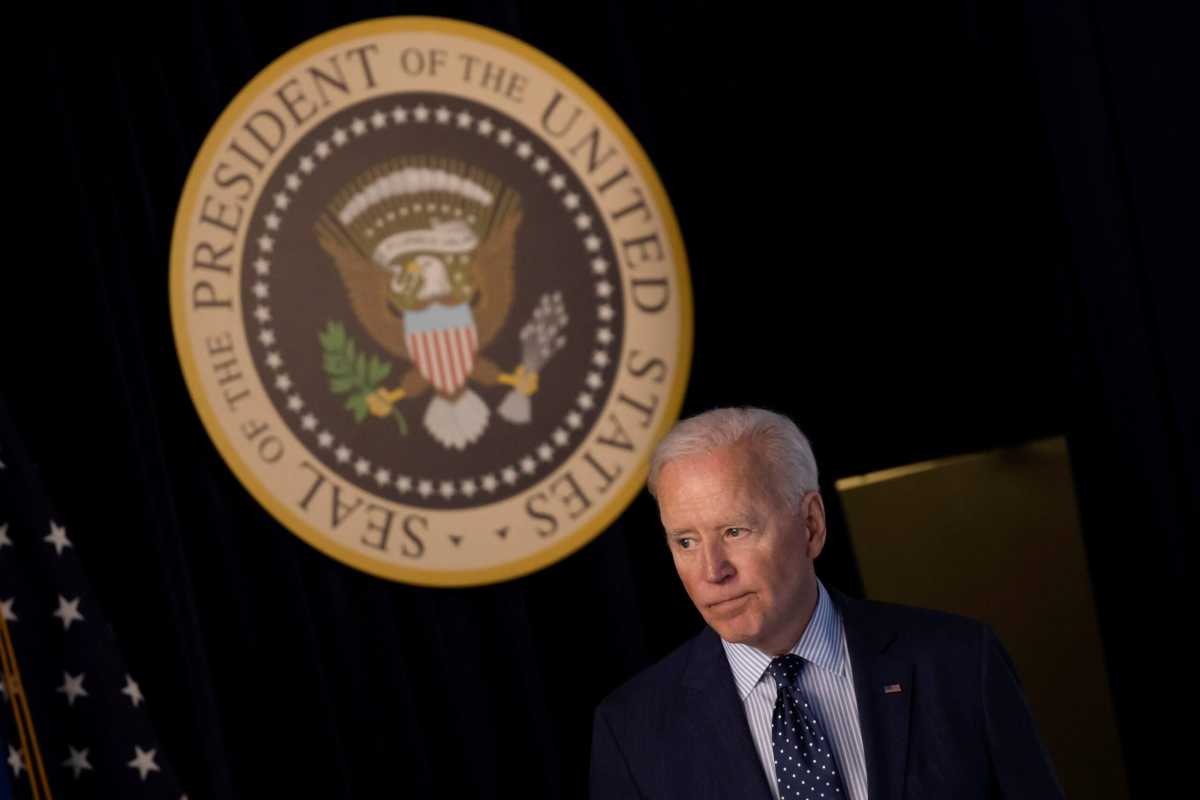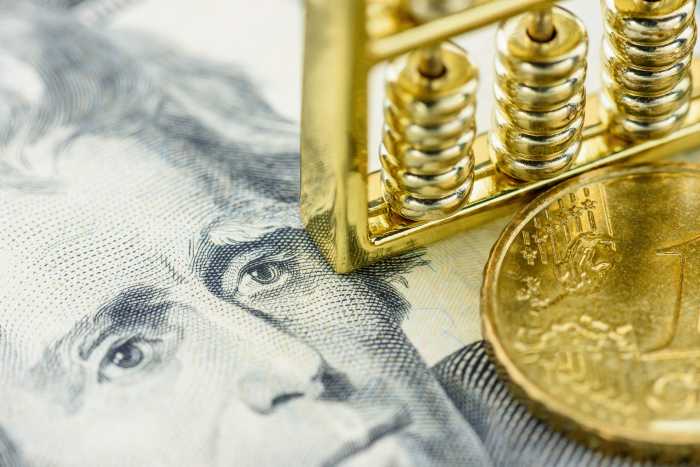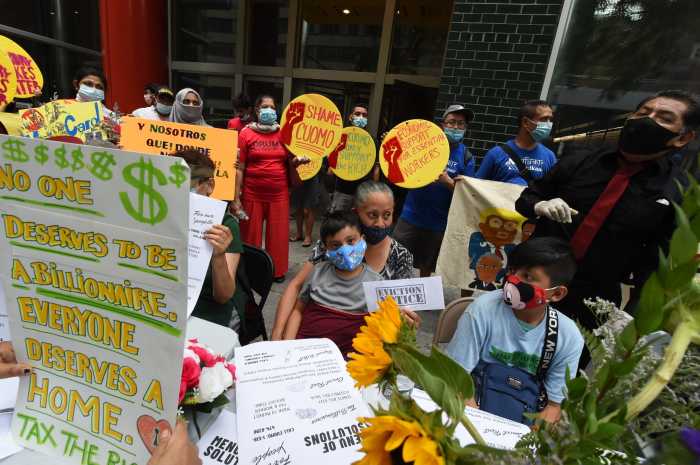The chairman of the powerful U.S. Senate Finance Committee on Wednesday outlined the terms of a Democratic proposal to tax billionaires’ assets to help finance President Joe Biden’s social-policy and climate-change agenda.
But it was unclear whether there was enough Democratic support to pass the proposal presented by Chairman Ron Wyden or a proposed 15% corporate minimum tax on the most profitable U.S. corporations.
Those two ideas, as well as tougher tax enforcement, are among the mechanisms Biden’s Democrats are considering to fund a pair of bills together worth about $3 trillion to rebuild the nation’s infrastructure, boost social spending and fight climate change. The party is struggling to reach consensus on both the scope of the bills and how to pay for them.
Wyden and other lawmakers, including Democratic Senator Elizabeth Warren, say the tax legislation is intended to curtail tax avoidance by corporations and the wealthy and could generate hundreds of billions of dollars to pay for Biden’s plan.
Aides in Congress said the billionaires tax, affecting roughly 700 taxpayers with over $1 billion in assets or $100 million in annual income for three consecutive years, would impose a 23.8% tax rate for long-term capital gains on tradable assets, whether or not they have been sold. It would also allow taxpayers to take deductions for losses on assets.
The tax on billionaires faces potential opposition from other Democrats who favor Biden’s original proposal, which would raise tax rates on companies and the wealthy but also faces an uphill fight in the Senate.
Senator Bernie Sanders, a leading progressive, said the billionaires tax was a “step in the right direction” but not nearly enough.
“Every sensible revenue option seems to be destroyed,” he told reporters.
Democrats need to keep all of their members in line for legislation to pass the Senate, which is split evenly between Democrats and Republicans.
MANCHIN SKEPTICAL
Democratic Senator Joe Manchin, a centrist who has forced Biden to scale back the spending package, reacted with skepticism to the billionaires tax proposal.
“I don’t like the connotation that we are targeting different people,” he told reporters.
Manchin said he would support a minimum 15% tax on wealthy individuals, similar to the 15% corporate minimum tax that Democrats have proposed.
The minimum corporate tax would dovetail with a global corporate minimum tax recently agreed to by 136 countries and aimed at corporations that pay little or no tax by gaming the international tax system.
It would apply to many large American companies, such as Apple Inc, Amazon.com Inc, JPMorgan Chase & Co and Johnson & Johnson Inc.
The debate, and other divisions among Democrats about the scope of Biden’s plans, looked likely to derail the party’s hopes of passing major legislation this month – to the dismay of Biden, who hoped to land a legislative victory on climate change before starting a trip abroad on Thursday that includes an international conference on the matter.
Some experts say the billionaires tax could be difficult to enforce.
“Government staffers tend to be outmatched by the most sophisticated, best-resourced taxpayers out there,” said Steve Rosenthal, a senior fellow at the Tax Policy Center, a Washington think tank.
Tesla Inc Chief Executive Elon Musk blasted the plan on Twitter.
“Eventually they run out of other people’s money and then they come for you,” said Musk, who early this week was worth about $230 billion, according to Refinitiv. “Who is best at capital allocation — government or entrepreneurs — is indeed what it comes down to.”
Not all billionaires are opposed to the plan. George Soros, the investor and liberal activist, is “supportive,” his spokesperson told Reuters on Monday.







































